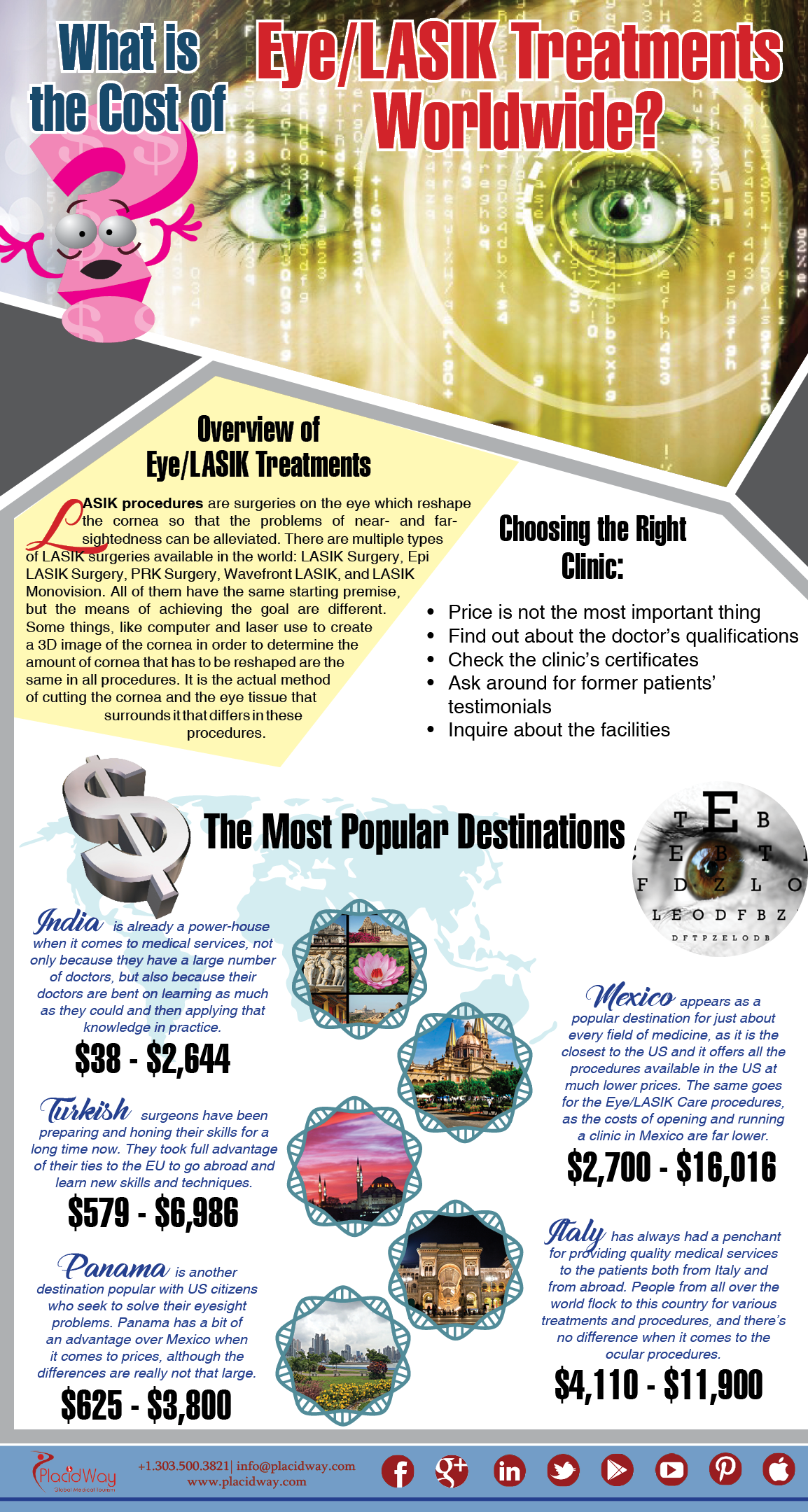Assessing Selections Beyond LASIK: What Alternatives Go To Your Disposal?
Assessing Selections Beyond LASIK: What Alternatives Go To Your Disposal?
Blog Article
Web Content Composed By-Mejia Lutz
If you're thinking about alternatives past LASIK for vision Correction, there are numerous options worth checking out. From non-laser methods like orthokeratology and PRK to implantable contact lenses, the area supplies a variety of options customized to fulfill varied needs. Each choice comes with its distinct benefits and considerations, making the decision-making procedure essential in establishing the very best fit for your vision goals. Whether it's achieving clearer vision without surgical procedure or looking for an extra long-term service, comprehending these options can open a globe of opportunities for your aesthetic health.
Non-Laser Vision Correction Techniques
Considering options to LASIK, non-laser vision Correction strategies use choices for people looking for vision improvement without undertaking laser surgery.
One typical non-laser method is Orthokeratology, where unique contact lenses are put on over night to reshape the cornea temporarily, giving clearer vision during the day. This technique can be ideal for those that are hesitant regarding irreversible surgical changes to their eyes.
An additional option is PRK (Photorefractive Keratectomy), a surgery that reshapes the cornea without developing a flap, making it a choice for individuals with thin corneas or those at risk for eye injuries.
In addition, phakic intraocular lenses can be implanted in the eye to correct vision, ideal for those with high refractive errors.
These non-laser options may be worth exploring if you're seeking vision Correction but favor to avoid LASIK surgery. Consulting with an eye treatment specialist can assist identify the very best alternative customized to your details requirements.
Implantable Call Lenses
Implantable contact lenses provide a prospective option for vision Correction without the requirement for laser surgical procedure. which lens after cataract surgery , additionally referred to as phakic intraocular lenses, are operatively positioned inside the eye before the all-natural lens. They function likewise to normal call lenses yet are placed within the eye, making them unseen to others.
This option is perfect for people with high refractive mistakes who may not appropriate prospects for LASIK or various other laser treatments. Implantable call lenses can fix a range of vision issues, including nearsightedness, farsightedness, and astigmatism.
The procedure for dental implanting these lenses is fairly quick and minimally intrusive, with several individuals experiencing enhanced vision promptly after surgery. While there are threats connected with any type of procedure, implantable get in touch with lenses have actually revealed to be a risk-free and reliable long-lasting option for vision Correction.
If click here for info considering different choices to LASIK and favor not to undertake laser surgical treatment, implantable call lenses could be a practical choice worth discovering with your eye care copyright.
Orthokeratology (Ortho-K)
Orthokeratology, generally referred to as Ortho-K, uses a non-surgical option for vision Correction.
This technique involves putting on specifically created rigid gas absorptive get in touch with lenses over night. These lenses reshape the cornea while you sleep, giving clear vision during the day without the need for glasses or get in touches with.
cataract surgery 40 years ago -K is particularly beneficial for individuals with myopia (nearsightedness) as it can briefly fix refractive mistakes. This treatment is relatively easy to fix, making it a suitable choice for those hesitant regarding permanent surgeries like LASIK.
Nevertheless, it's essential to adhere to the recommended putting on routine and care instructions to keep the wanted results.
Ortho-K might not be suitable for everyone, and normal exams with your eye treatment service provider are critical to keep track of modifications in your vision and ensure the lenses are fitting appropriately.
Final thought.
To conclude, when thinking about alternatives to LASIK, options like orthokeratology, PRK, and implantable contact lenses offer reliable services for vision Correction. Consulting with an eye care specialist can help you identify the very best choice for your individual requirements and preferences. Whether you pick orthokeratology for temporary improving, PRK for flapless corneal reshaping, or implantable call lenses for long-lasting Correction, there are numerous alternatives available to enhance your vision without undertaking traditional laser surgical procedure.
